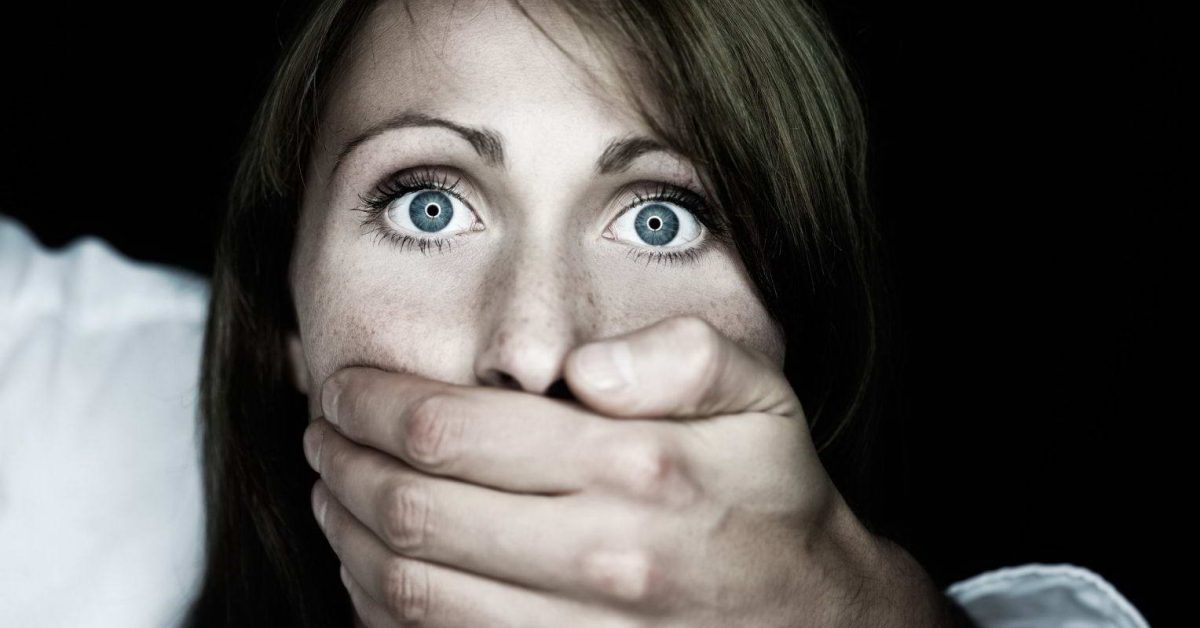Sexual abuse is a heinous crime that inflicts deep and lasting trauma on its victims. While the focus is often on the survivors, it is important to recognize that there are silent victims who suffer the consequences alongside them. These silent victims refer to the families, friends, and loved ones who are profoundly affected by the aftermath of sexual abuse. In this article, we shed light on the experiences and challenges faced by these silent victims, and the importance of supporting them in their journey towards healing and recovery.
Emotional Impact
The emotional toll of sexual abuse extends beyond the survivor themselves. Family members and loved ones often experience a range of intense emotions, including shock, guilt, anger, sadness, and a deep sense of helplessness. They may struggle with their own feelings of betrayal and trust, as well as the burden of witnessing their loved one’s pain.
Secondary Trauma
Silent victims can experience secondary trauma as a result of their close relationship with the survivor. Constant exposure to the survivor’s trauma narratives and struggles can trigger their own feelings of anxiety, depression, and post-traumatic stress disorder (PTSD). This secondary trauma can further complicate their own healing process.
Support and Advocacy
Silent victims play a crucial role in supporting and advocating for the survivor. They may become a source of strength, providing emotional support, validation, and a safe space for the survivor to share their experiences. Advocating for the survivor’s rights, seeking justice, and ensuring their well-being becomes a shared responsibility for the silent victims.
Breaking the Silence
Silent victims often face challenges in openly discussing the abuse due to societal stigma and fear of judgment. They may carry the burden of secrecy, further isolating themselves from the support networks they desperately need. Breaking the silence and encouraging open conversations about sexual abuse can help create a safe and non-judgmental environment for silent victims to share their experiences and seek support.
Self-Care and Healing
Taking care of one’s own well-being is crucial for silent victims. Engaging in self-care practices such as therapy, support groups, and seeking professional help can assist them in navigating their own trauma and building resilience. Understanding the importance of self-care and seeking appropriate support is essential to their own healing journey.
Community Support
Building a community of support for silent victims is vital. This can involve connecting with support groups, engaging in educational programs about sexual abuse, and accessing resources that provide guidance and assistance. Community support helps silent victims realize they are not alone in their struggles and encourages them to actively participate in the healing process.
The silent victims of sexual abuse deserve recognition and support in their own right. By acknowledging their experiences, we can foster a greater understanding of the far-reaching impacts of sexual abuse and work towards creating a compassionate and inclusive society. Providing resources, education, and open conversations can empower silent victims to navigate their own healing journey and play a pivotal role in supporting the survivors of sexual abuse. Together, we can break the silence, raise awareness, and create a safer and more empathetic world for all those affected by this devastating crime.… Read



